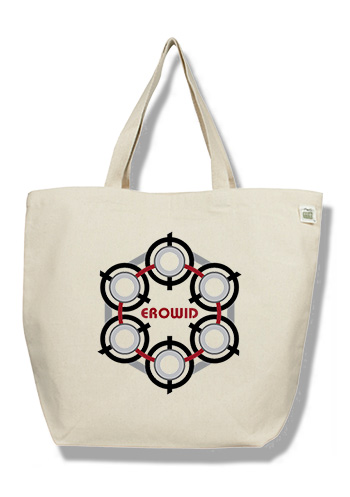Comments by Rick Doblin
Positron emission tomographic evidence of toxic effect of MDMA ('Ecstasy') on brain serotonin neurons in human beings,
by U. D. McCann; Z Szabo; U Scheffel; R.F. Dannals; G. A. Ricaurte
The Lancet Vol 352, Oct 31, 1998, 1437
You may have seen publicity about a new study of MDMA users that just came out in the Lancet. The study is by George Ricaurte, M.D. I spoke with him several days ago about the results and feel it is important to keep several points in mind.
First, the MDMA subjects in the study feel fine.
Second, it is difficult to make sure that matched controls are really matched on all dimensions. The best way to study MDMA-related serotonin changes is to test people before and after the administration of MDMA. This has yet to be done.
Third, even if the serotonin transporter changes are due to MDMA, they make be entirely without significance. Brain cells can up and down regulate to function in enviroments of greater or lesser amounts of neurotransmitters.
Fourth, the serotonin system does not seem to substantially decline with age. Therefore, the idea that reduced serotonin system changes that are asymptomatic will become a problem over time is not supported by the evidence about the serotonin system, or by the observation of problems of MDMA users age 60 or older, of which there are many.
Fifth, there is no evidence at all that a few doses of MDMA given in a therapeutic context, or any context, would have a significant impact on serotonin levels, much less produce functional or behavioral consequences related to serotonin deficits. Thus, this research does not provide evidence sufficient to justify refusal to permit MDMA psychotherapy research.
The Novartis Foundation is sponsoring a conference on the risks of MDMA, to take place in London on December 4. Dr. Ricaurte will be presenting his findings there, as will other researchers who have looked at the risk side of the equation. MAPS is paying for Dr. Charles Grob to attend the conference, and also Dr. Moshe Kotler and Dr. Adam Darnell, the MDMA researchers from Israel who are working to obtain permission to study the use of MDMA in the treatment of PTSD in a MAPS-funded study. As always, MAPS is interested in all the scientific information about MDMA, both risks and benefits.
Unfortunately, ever since MDMA was criminalized in 1985, no research in the US has yet been permitted into the beneficial uses of MDMA, while probably in excess of $10 million has been spent seeking evidence of harmful effects. MAPS has been supporting Dr. Grob's efforts to initiate a study of the use of MDMA in cancer patients for many years. The FDA has taken three months to review the third draft of the protocol, with some response expected soon.
Rick Doblin
(RickMAPS@aol.com)
You may have seen publicity about a new study of MDMA users that just came out in the Lancet. The study is by George Ricaurte, M.D. I spoke with him several days ago about the results and feel it is important to keep several points in mind.
First, the MDMA subjects in the study feel fine.
Second, it is difficult to make sure that matched controls are really matched on all dimensions. The best way to study MDMA-related serotonin changes is to test people before and after the administration of MDMA. This has yet to be done.
Third, even if the serotonin transporter changes are due to MDMA, they make be entirely without significance. Brain cells can up and down regulate to function in enviroments of greater or lesser amounts of neurotransmitters.
Fourth, the serotonin system does not seem to substantially decline with age. Therefore, the idea that reduced serotonin system changes that are asymptomatic will become a problem over time is not supported by the evidence about the serotonin system, or by the observation of problems of MDMA users age 60 or older, of which there are many.
Fifth, there is no evidence at all that a few doses of MDMA given in a therapeutic context, or any context, would have a significant impact on serotonin levels, much less produce functional or behavioral consequences related to serotonin deficits. Thus, this research does not provide evidence sufficient to justify refusal to permit MDMA psychotherapy research.
The Novartis Foundation is sponsoring a conference on the risks of MDMA, to take place in London on December 4. Dr. Ricaurte will be presenting his findings there, as will other researchers who have looked at the risk side of the equation. MAPS is paying for Dr. Charles Grob to attend the conference, and also Dr. Moshe Kotler and Dr. Adam Darnell, the MDMA researchers from Israel who are working to obtain permission to study the use of MDMA in the treatment of PTSD in a MAPS-funded study. As always, MAPS is interested in all the scientific information about MDMA, both risks and benefits.
Unfortunately, ever since MDMA was criminalized in 1985, no research in the US has yet been permitted into the beneficial uses of MDMA, while probably in excess of $10 million has been spent seeking evidence of harmful effects. MAPS has been supporting Dr. Grob's efforts to initiate a study of the use of MDMA in cancer patients for many years. The FDA has taken three months to review the third draft of the protocol, with some response expected soon.
Rick Doblin
(RickMAPS@aol.com)


